Bank of Canada Lowers Overnight Rate Target to ¾ percent
Diane Gogar • March 14, 2020

The Bank of Canada today lowered its target for the overnight rate by 50 basis points to ¾ percent, effective Monday, March 16, 2020. The Bank Rate is correspondingly 1 percent and the deposit rate is ½ percent. This unscheduled rate decision is a proactive measure taken in light of the negative shocks to Canada’s economy arising from the COVID-19 pandemic and the recent sharp drop in oil prices.
It is clear that the spread of the coronavirus is having serious consequences for Canadian families, and for Canada’s economy. In addition, lower prices for oil, even since our last scheduled rate decision on March 4, will weigh heavily on the economy, particularly in energy intensive regions.
The Bank will provide a full update of its outlook for the Canadian and global economies on April 15. As the situation evolves, Governing Council stands ready to adjust monetary policy further if required to support economic growth and keep inflation on target.
The Bank has also taken steps to ensure that the Canadian financial system has sufficient liquidity. These additional measures have been announced in separate notices on the Bank’s website. The Bank is closely monitoring economic and financial conditions, in coordination with other G7 central banks and fiscal authorities.
Information note
The next scheduled date for announcing the overnight rate target is April 15, 2020. The next full update of the Bank’s outlook for the economy and inflation, including risks to the projection, will be published in the MPR at the same time.
If you have any questions about what this means for you and your mortgage, please don't hesitate to contact me anytime.

By Diane Gogar
•
March 5, 2025
There is no doubt about it, buying a home can be an emotional experience. Especially in a competitive housing market where you feel compelled to bid over the asking price to have a shot at getting into the market. Buying a home is a game of balancing needs and wants while being honest with yourself about those very needs and wants. It’s hard to get it right, figuring out what’s negotiable and what isn’t, what you can live with and what you can’t live without. Finding that balance between what makes sense in your head and what feels right in your heart is challenging. And the further you are in the process, the more desperate you may feel. One of the biggest mistakes you can make when shopping for a property is to fall in love with something you can’t afford. Doing this almost certainly guarantees that nothing else will compare, and you will inevitably find yourself “settling” for something that is actually quite nice. Something that would have been perfect had you not already fallen in love with something out of your price range. So before you ever look at a property, you should know exactly what you can qualify for so that you can shop within a set price range and you won’t be disappointed. Protect yourself with a mortgage pre-approval. A pre-approval does a few things It will outline your buying power. You will be able to shop with confidence, knowing exactly how much you can spend. It will uncover any issues that might arise in qualifying for a mortgage, for example, mistakes on your credit bureau. It will outline the necessary supporting documentation required to get a mortgage so you can be prepared. It will secure a rate for 30 to 120 days, depending on your mortgage product. It will save your heart from the pain of falling in love with something you can’t afford. Obviously, there is nothing wrong with looking at all types of property and getting a good handle on the market; however, a pre-approval will protect you from believing you can qualify for more than you can actually afford. Get a pre-approval before you start shopping; your heart will thank you. If you’d like to walk through your financial situation and get pre-approved for a mortgage, let’s talk. It would be a pleasure to work with you!

By Diane Gogar
•
February 27, 2025
Refinancing your mortgage can be a smart financial move, but how do you know if it’s the right time? Whether you’re looking to lower your monthly payments, access home equity, or consolidate debt, refinancing can offer valuable benefits. Here are five key signs that it might be the right time to refinance your mortgage in Canada. 1. Interest Rates Have Dropped One of the most common reasons Canadians refinance is to secure a lower interest rate. Even a small decrease in your mortgage rate can lead to significant savings over time. If rates have dropped since you took out your mortgage, refinancing could help you reduce your monthly payments and save thousands in interest. ✅ Tip: Check with your mortgage broker to compare your current rate with today’s market rates. 2. Your Financial Situation Has Improved If your credit score has increased or your income has stabilized since you first got your mortgage, you might qualify for better loan terms. Lenders offer lower rates and better conditions to borrowers with strong financial profiles. ✅ Tip: If you’ve paid off debts, improved your credit score, or increased your savings, refinancing could work in your favour. 3. You Want to Consolidate High-Interest Debt Carrying high-interest debt from credit cards, personal loans, or lines of credit? Refinancing can help consolidate those debts into your mortgage at a much lower interest rate. This can make monthly payments more manageable and reduce the overall cost of borrowing. ✅ Tip: Make sure the savings from refinancing outweigh any prepayment penalties or fees. 4. You Need to Free Up Cash for a Major Expense Many Canadians refinance to access their home’s equity for renovations, education costs, or major life expenses. With home values rising in many areas, a refinance could help you tap into that value while still keeping manageable payments. ✅ Tip: Consider a home equity line of credit (HELOC) if you need flexible access to funds. 5. Your Mortgage Term is Ending, and You Want Better Terms If your mortgage is up for renewal, it’s the perfect time to explore refinancing options. Instead of simply accepting your lender’s renewal offer, compare rates and terms to see if you can get a better deal elsewhere. ✅ Tip: A mortgage broker can help you shop around and negotiate better terms on your behalf. Is Refinancing Right for You? Refinancing isn’t always the best move—there can be penalties for breaking your current mortgage, and not all savings are worth the switch. However, if you relate to any of the five signs above, it’s worth discussing your options with a mortgage professional. Thinking about refinancing? Let’s chat and find the best option for you!
© 2025
Diane Gogar. All Rights Reserved


